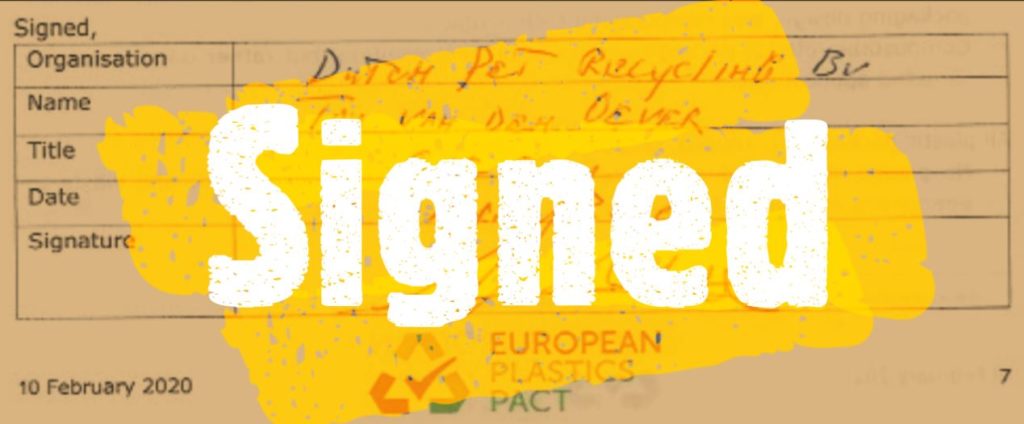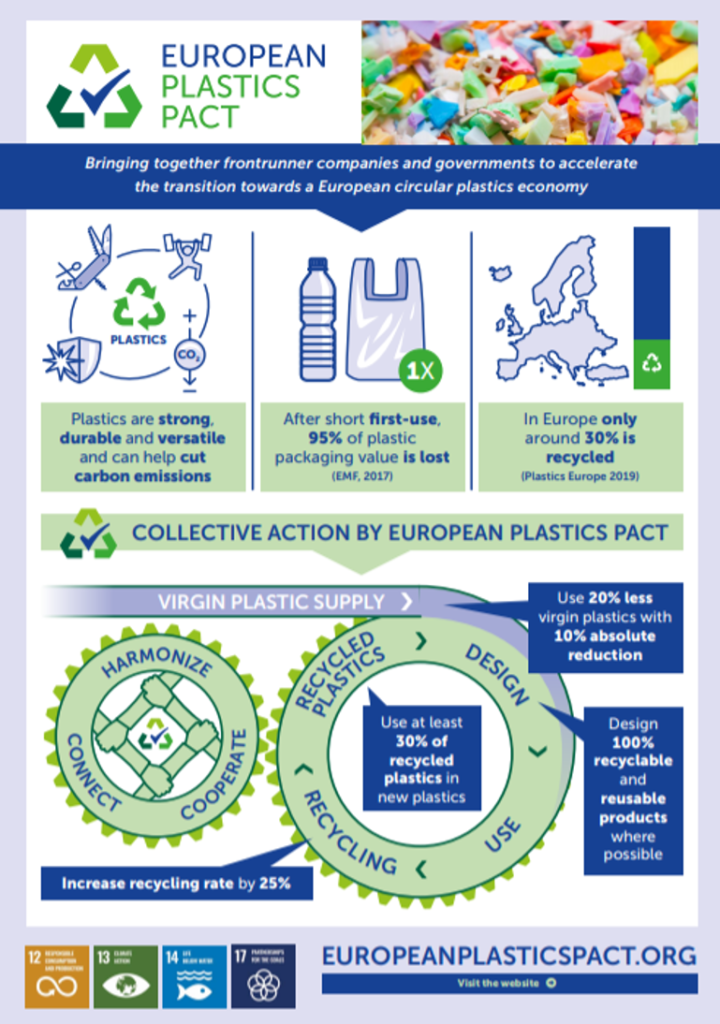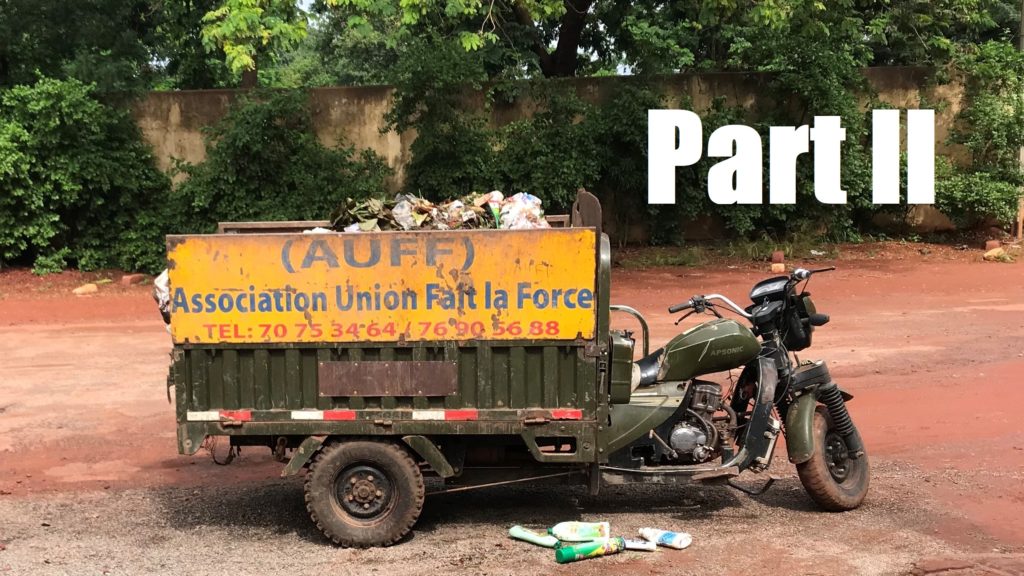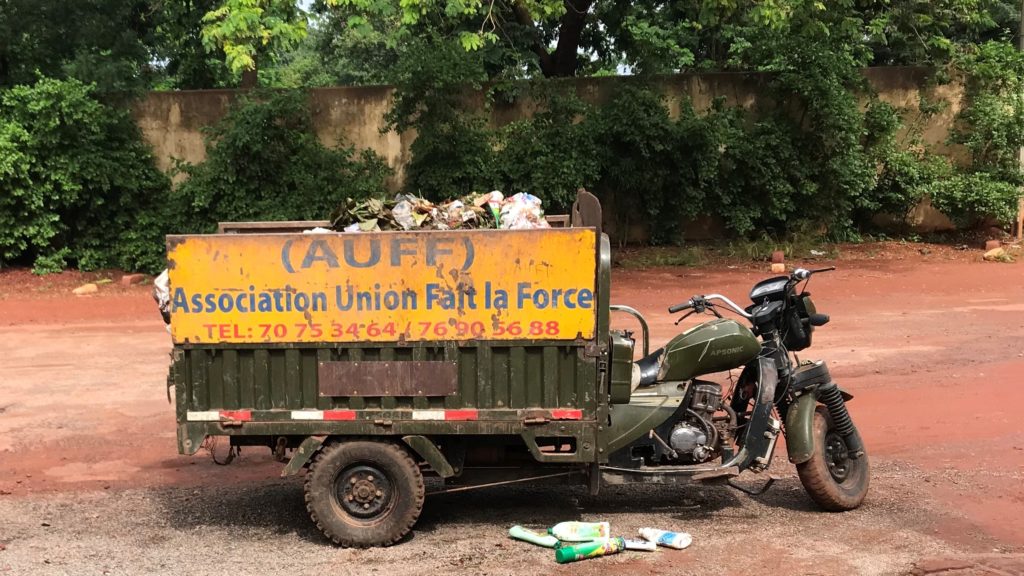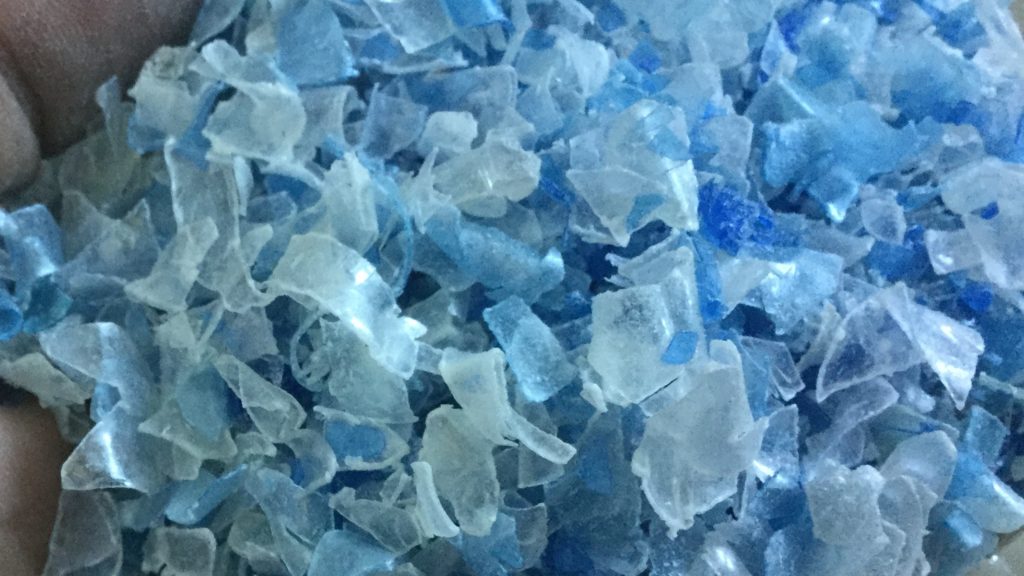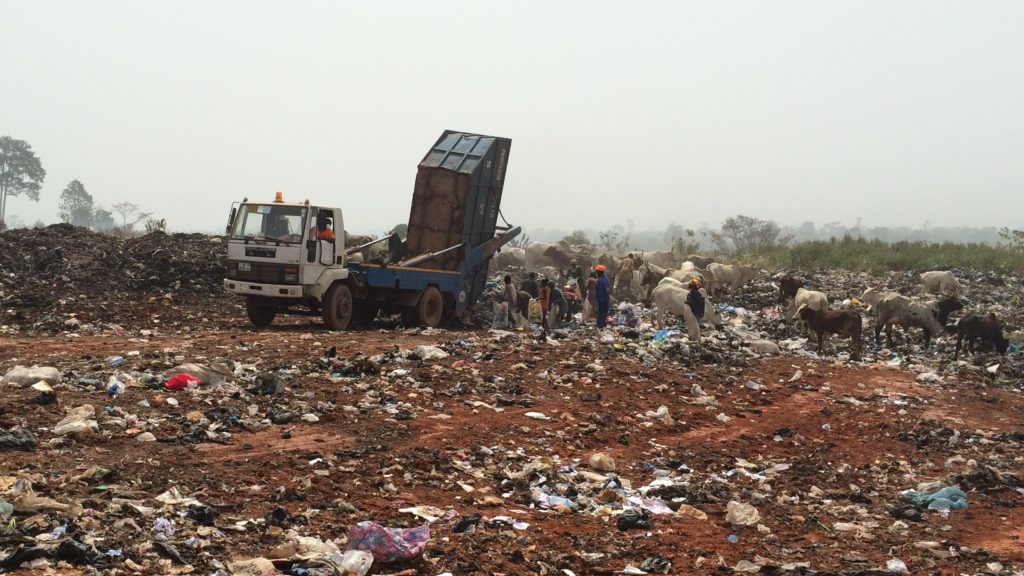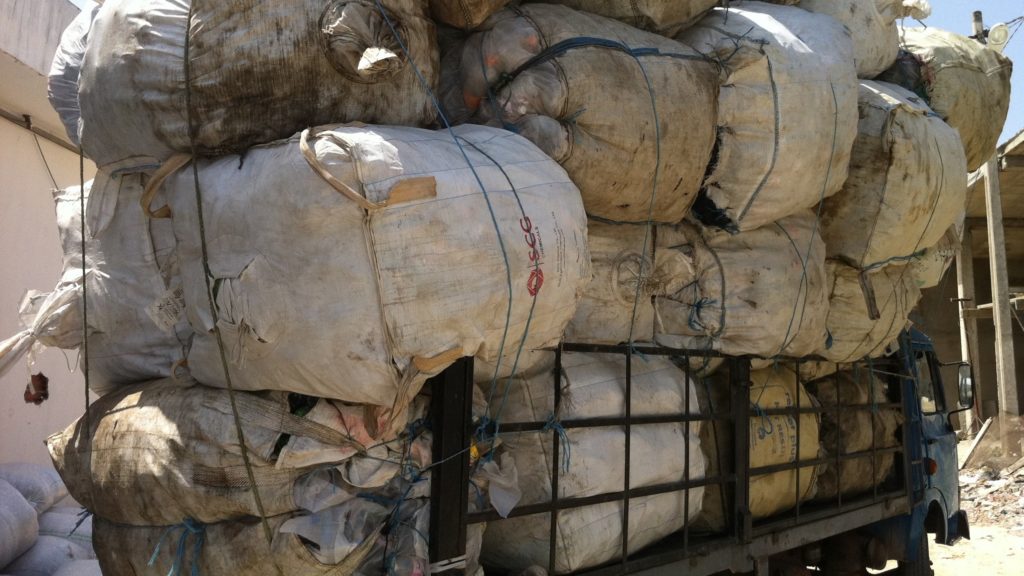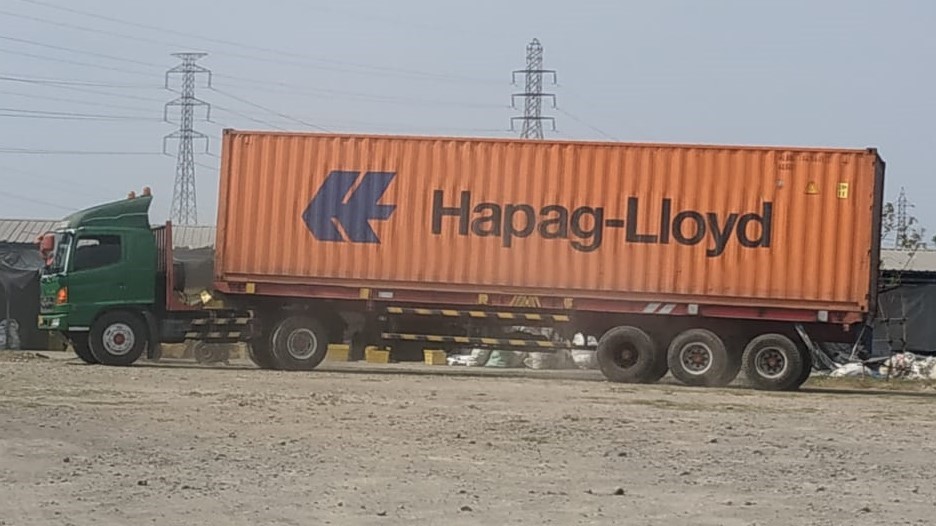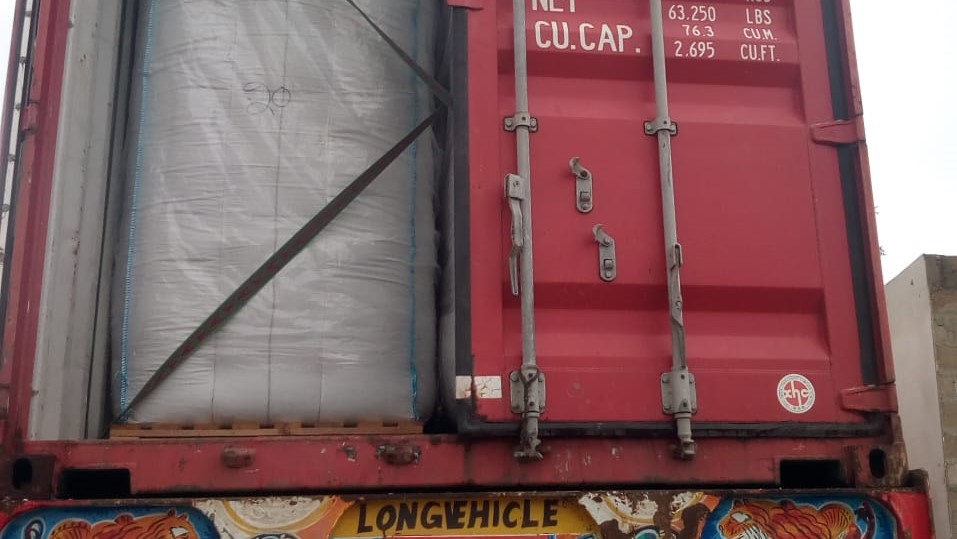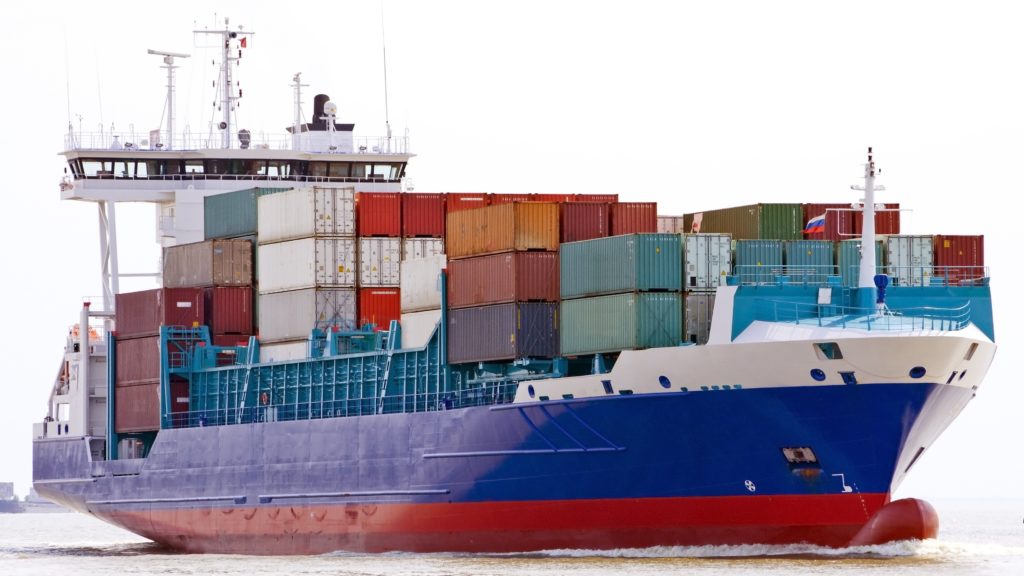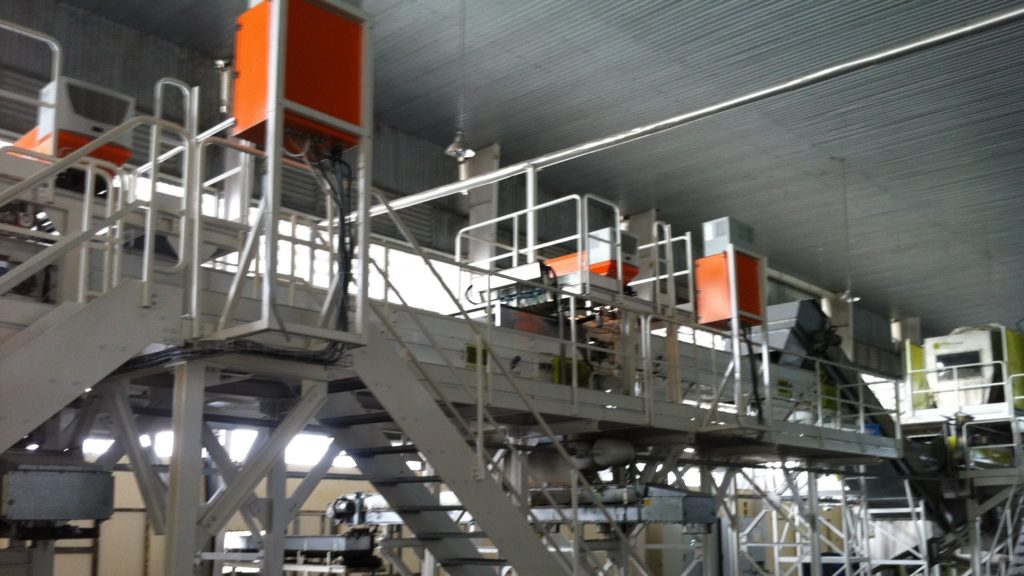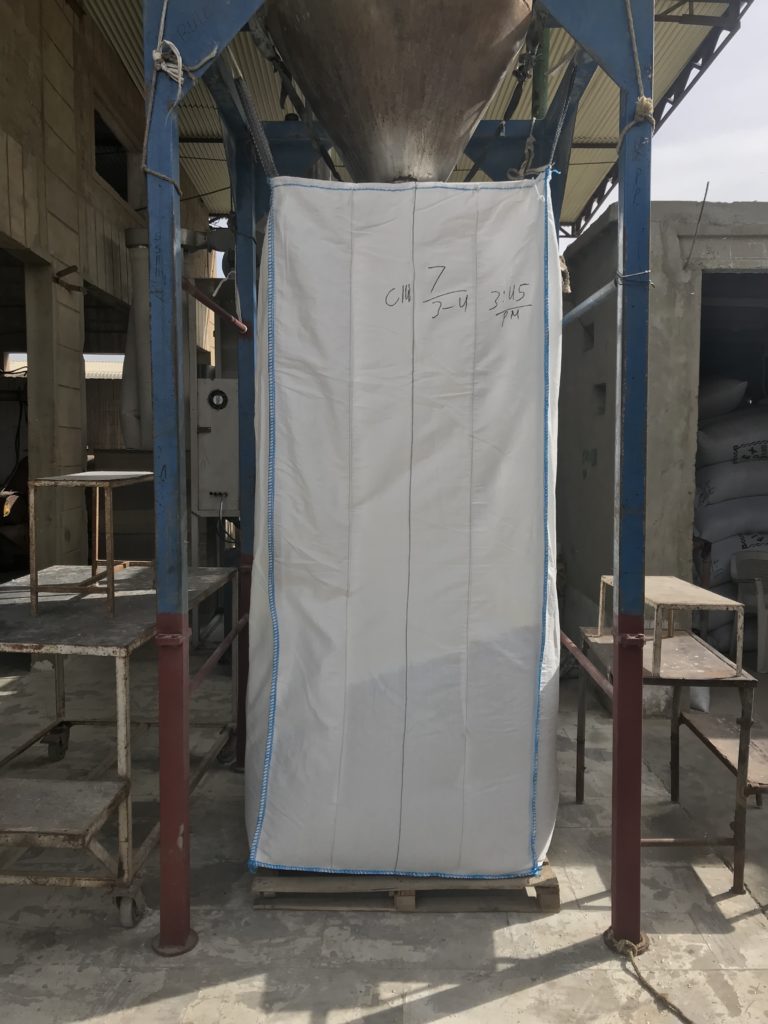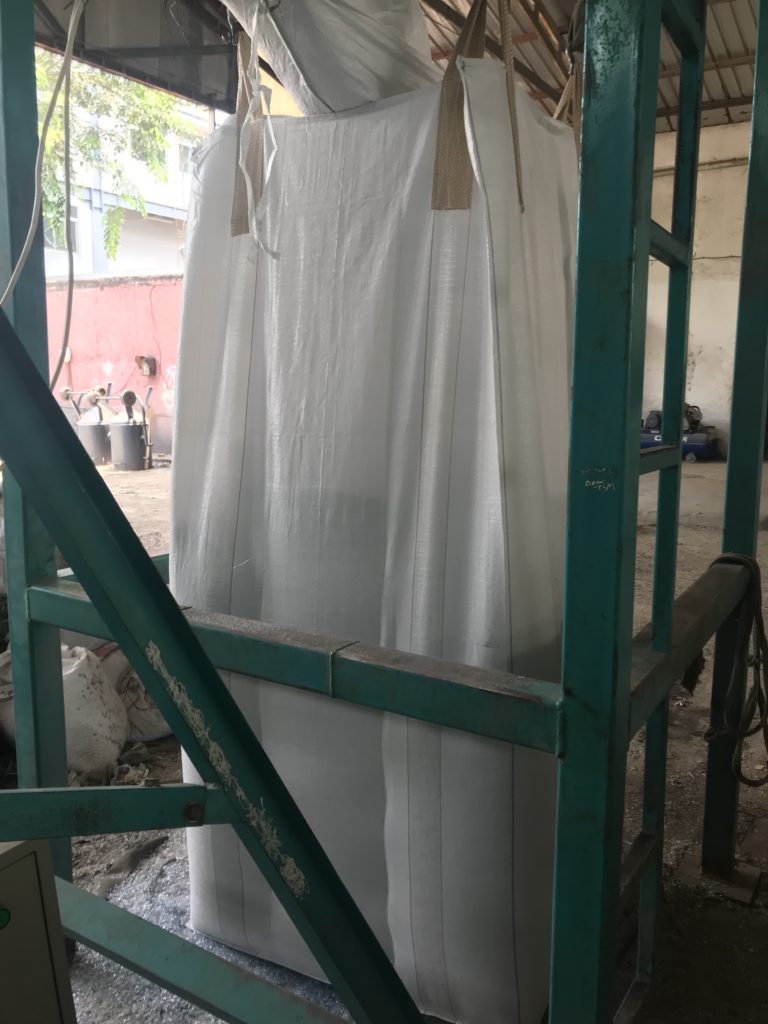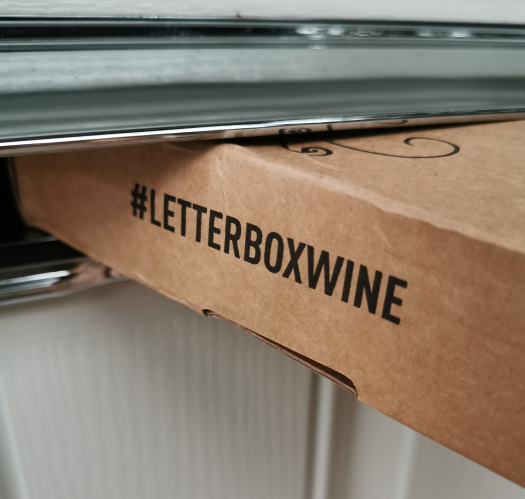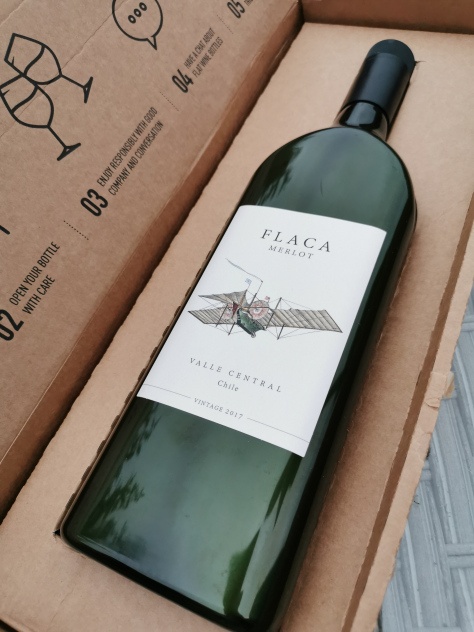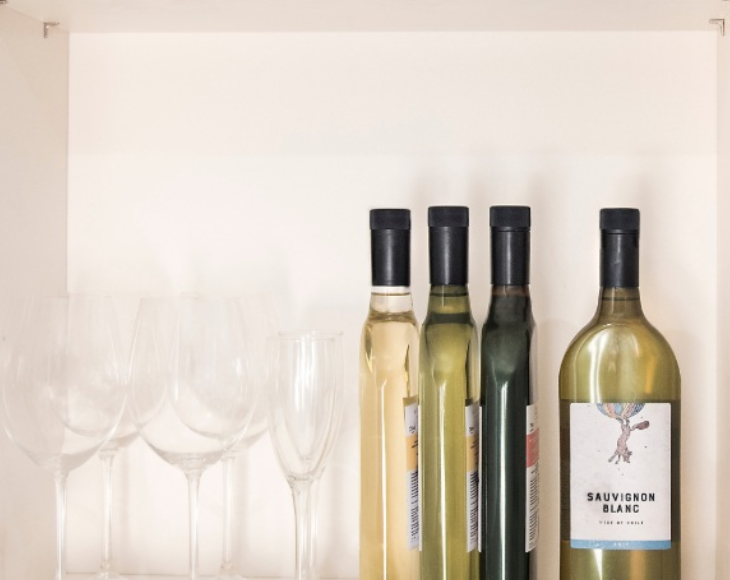This article published by PlasticsEurope gives you good examples why plastics and climate can be an ideal combination. Especially if recycled PET or Food Grade pellets are used.
When it comes to climate change mitigation, plastics have a great story to tell.
Europe can only succeed on the global stage if it drives also the transition towards a low carbon, resource efficient and circular economy. For this to happen, plastics enable the innovations that are needed by a sustainability strategy – such as the European Green Deal – to deliver.
Key for Europe’s building & construction
renovation wave
You do not necessarily see plastics in your building,
but they are there. Plastics are a springboard for the renovation wave in the
building sector as they enable big energy savings and are carbon efficient.
Plastic insulation improves the energy efficiency of your home, which
translates into a positive impact on climate. In fact, it saves up to 80% of
your energy consumption and 250 times more energy than used to produce it.
“Tectonic” shift towards sustainable mobility
You may not be aware of where plastics are used in
your car, but they are doing their job for you – in car body parts, airbags,
carpets, electrification, under the hood, to name but a few.
Thanks to its lightweight properties, plastics contribute efficiently to fuel
savings which translate into lower CO2 emissions in diverse fields of
transport, including electric mobility. Plastics enable up to 35% fuel savings
compared to components made from other materials.
Preserving food from farm to fork
Food waste is one of the biggest challenges of our
society. Plastic packaging saves food by protecting it from external factors –
damage, deterioration, spoilage from farm to fork and ensuring hygiene.
Research shows that, if food were packed in a material other than plastics, the
related energy consumption would double, greenhouse gas emissions would nearly
triple, overall weight of packaging would quadruple, and food waste would increase.
The weight of plastic packaging has been reduced by more than 35% over a 20-year period. Lightweight packaging means lighter loads or fewer lorries needed to ship the same amount of products, helping to reduce transportation energy, decrease emissions and lower shipping costs.
Transforming the energy sector
Plastics enable the production of clean and renewable
energy as windmill blades and solar panels are made with plastics.
In a nutshell, plastics can
make the difference by providing solutions for affordable renovation of
households, sustainable transport, easier access to safe food, clean, reliable
and affordable energy.
